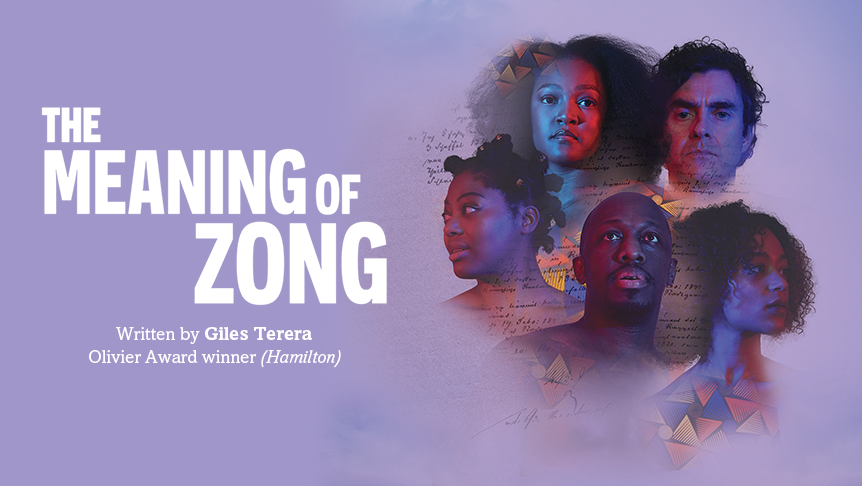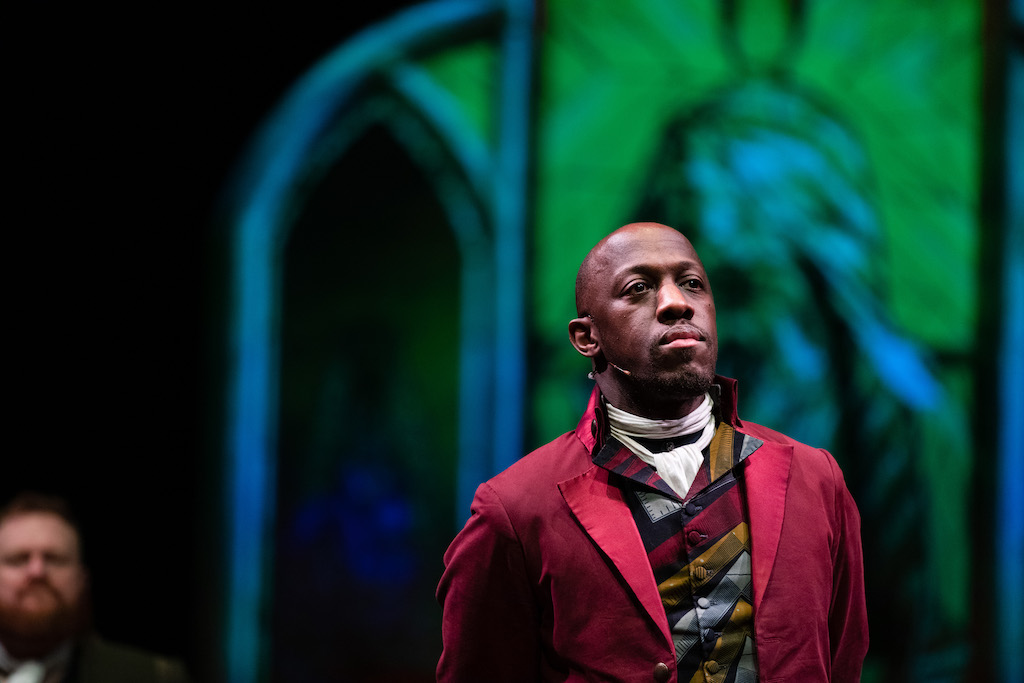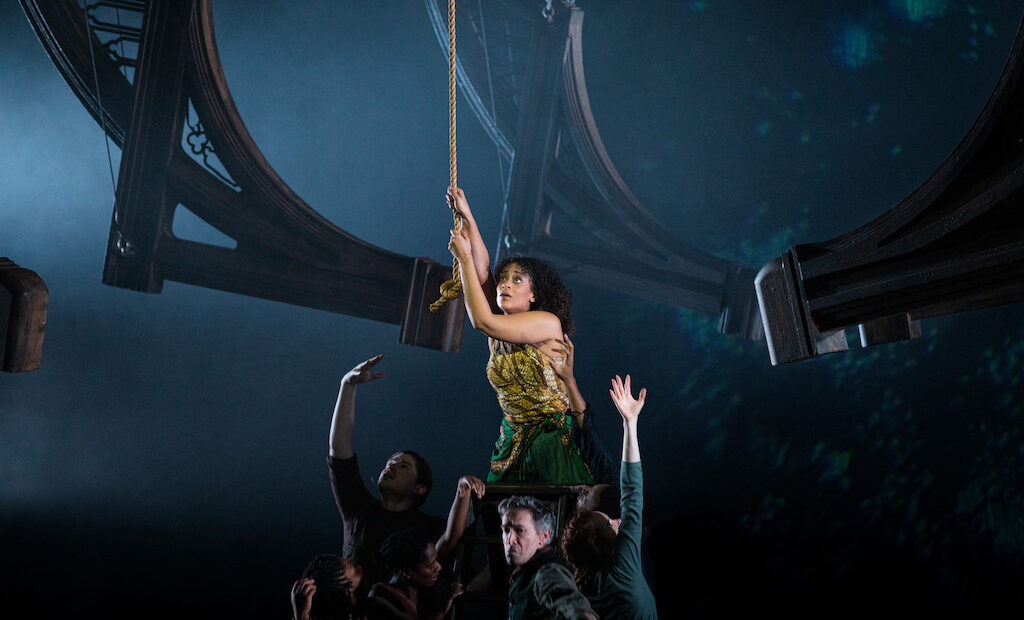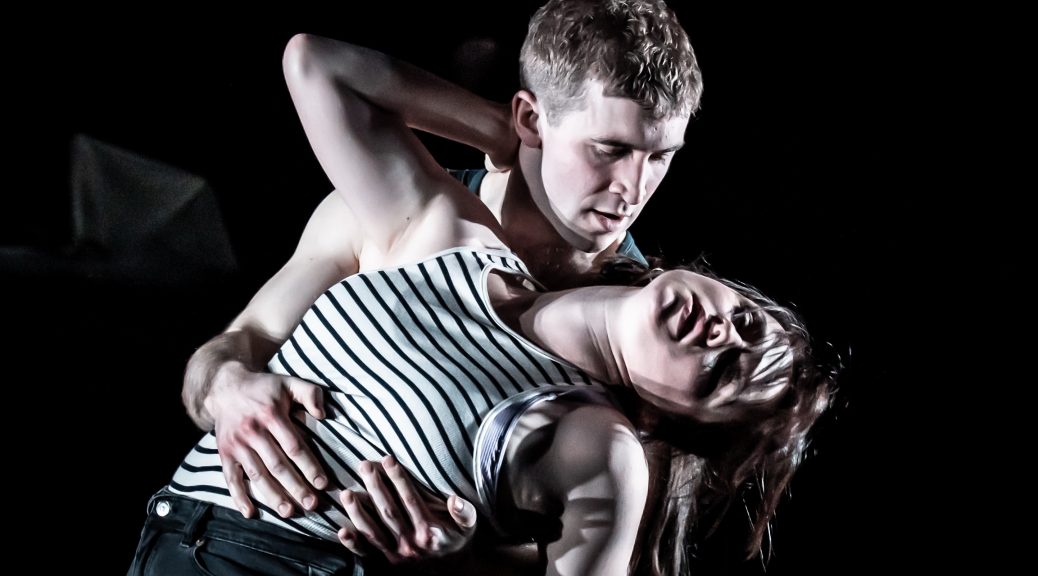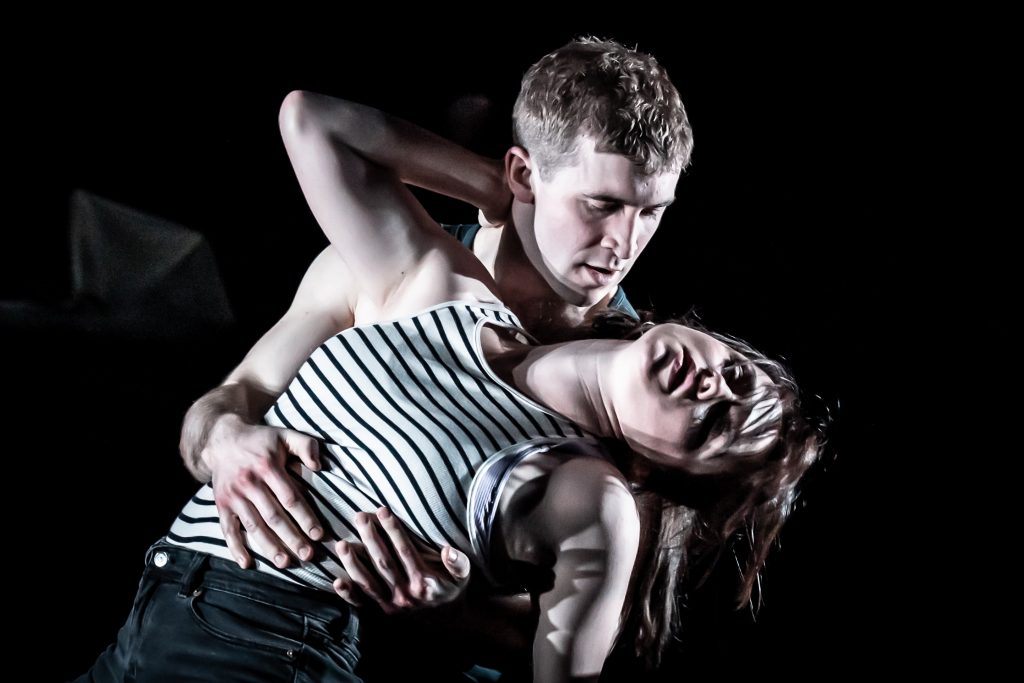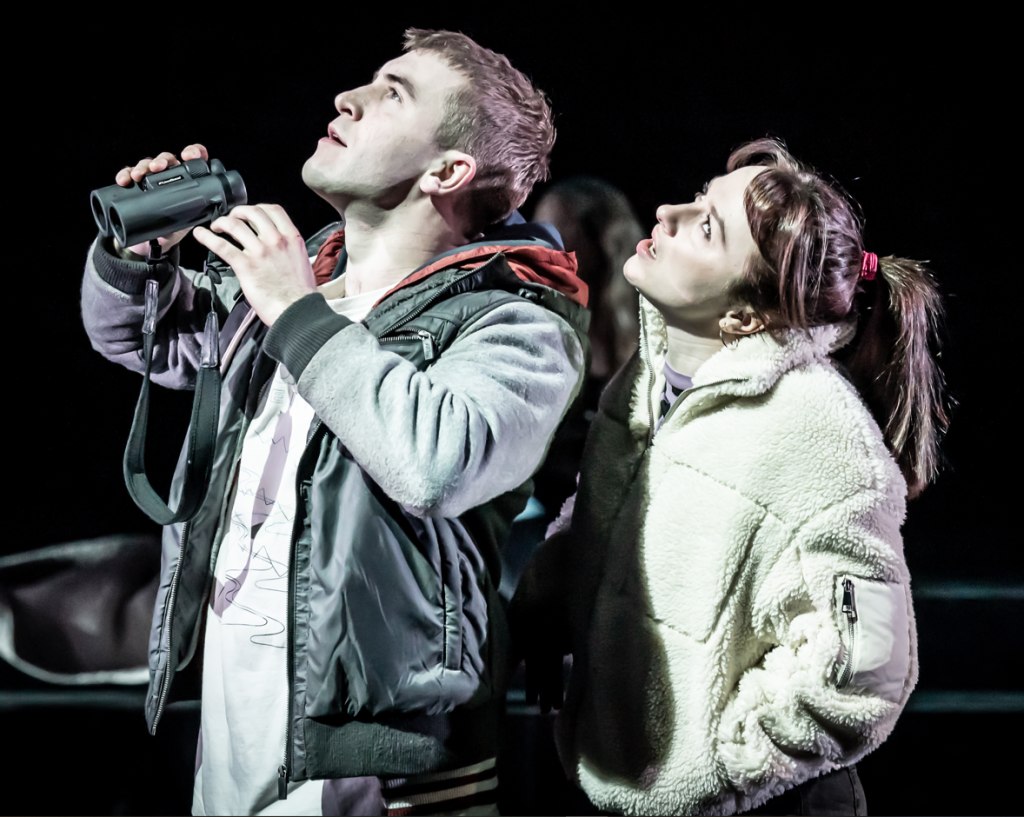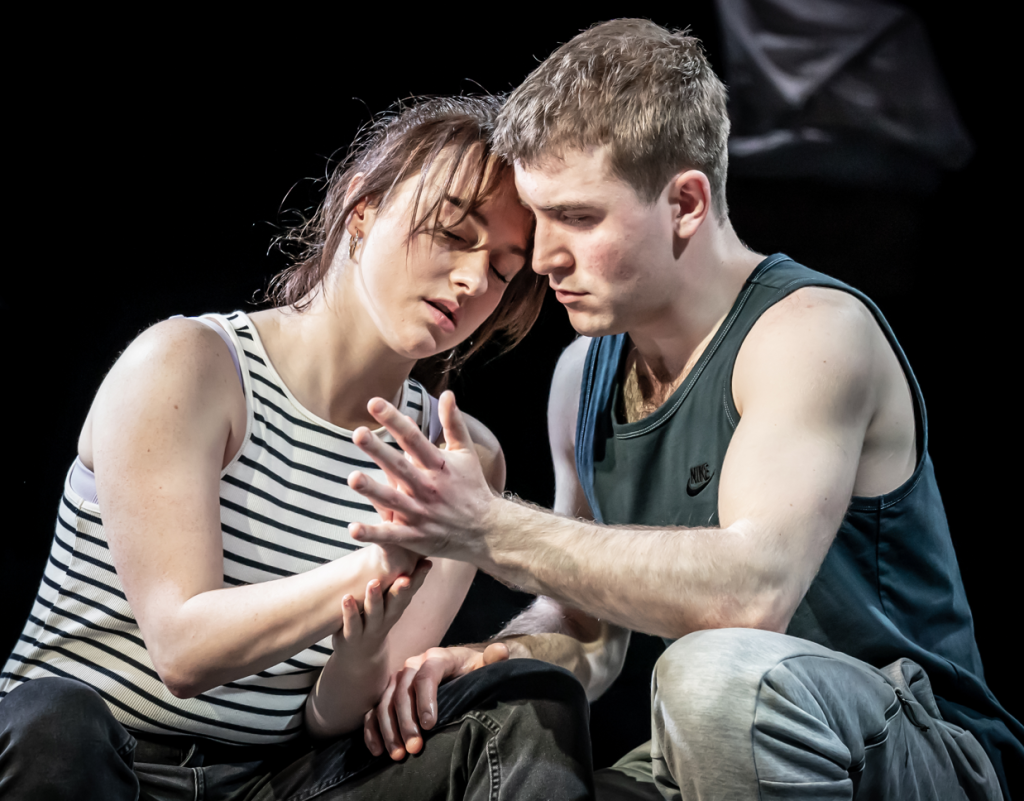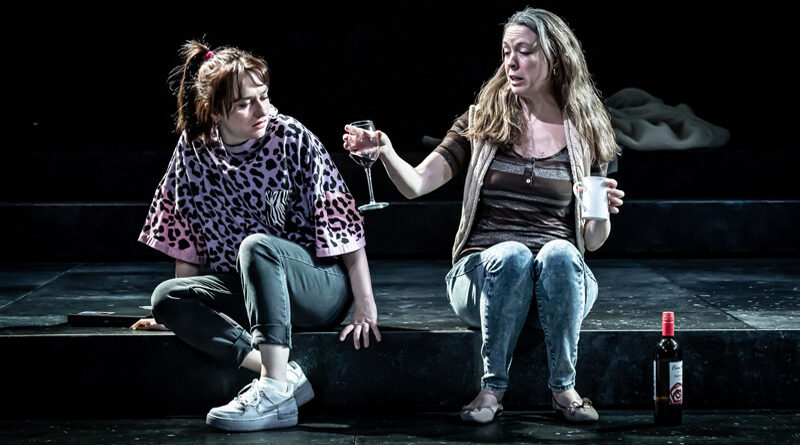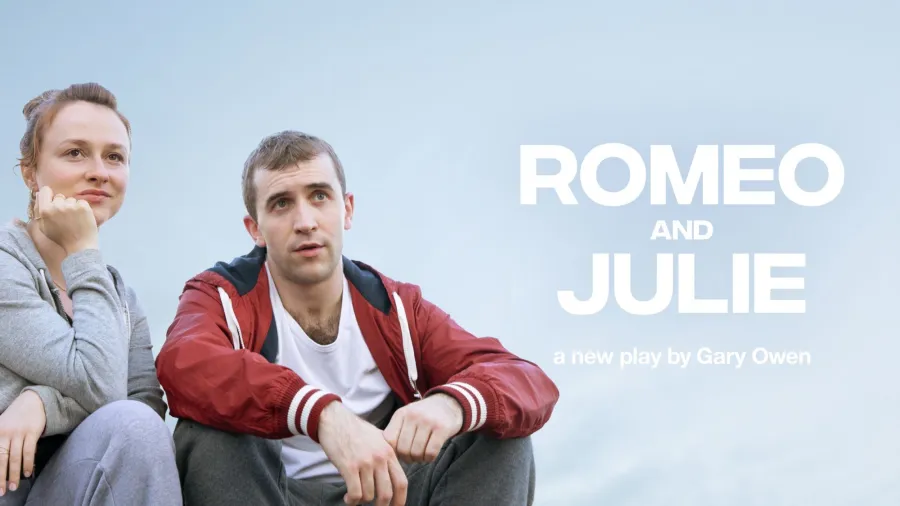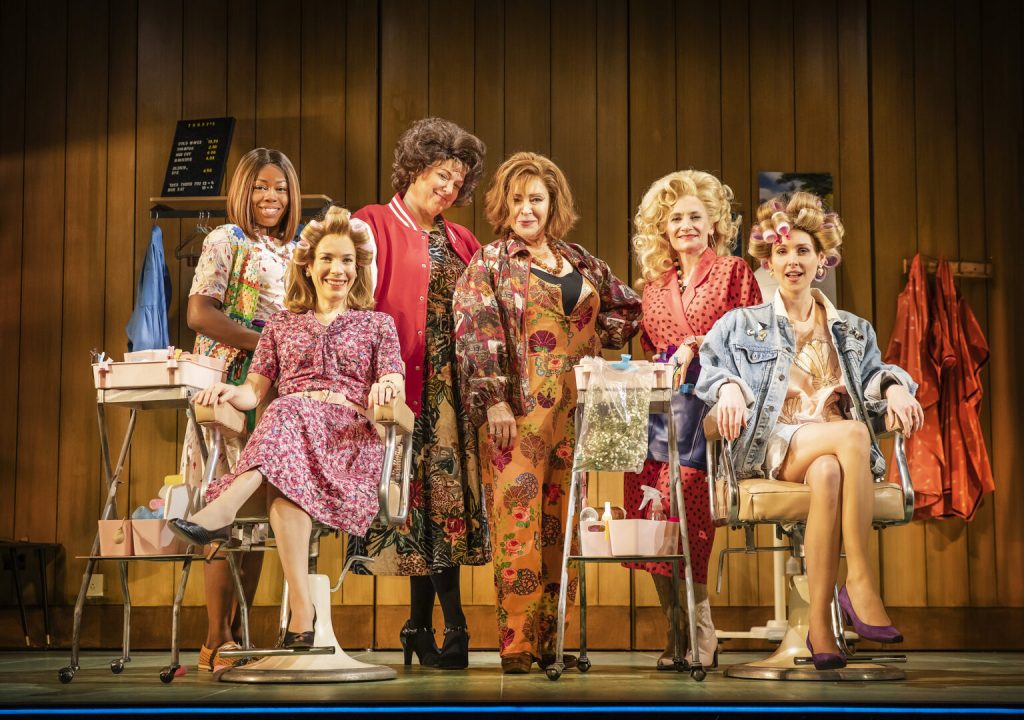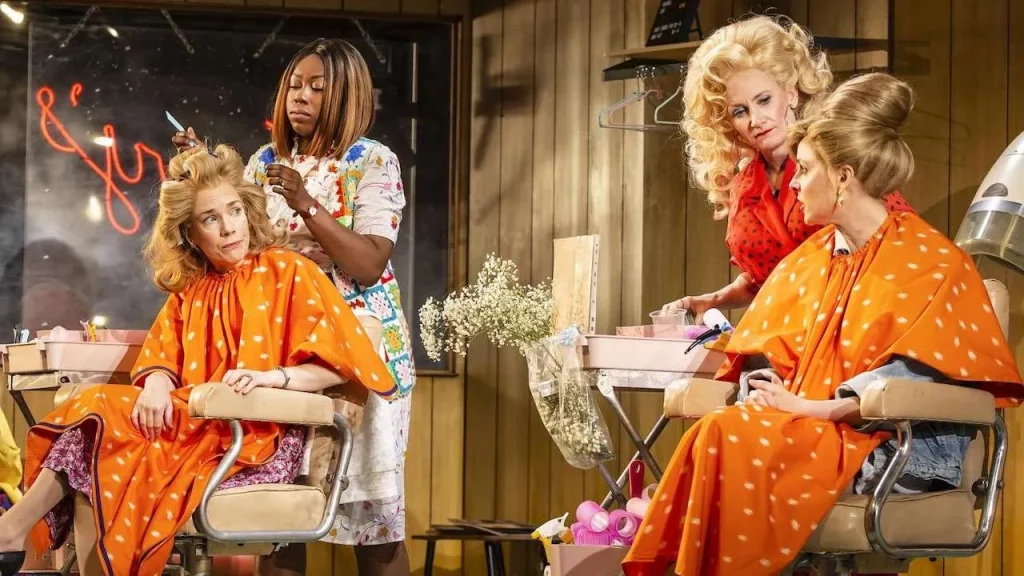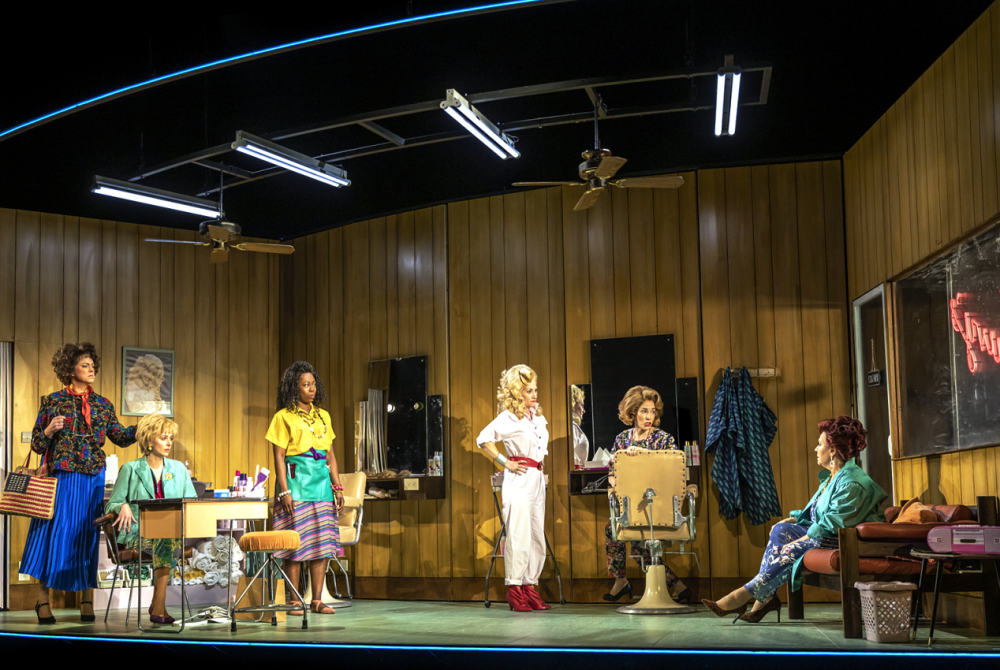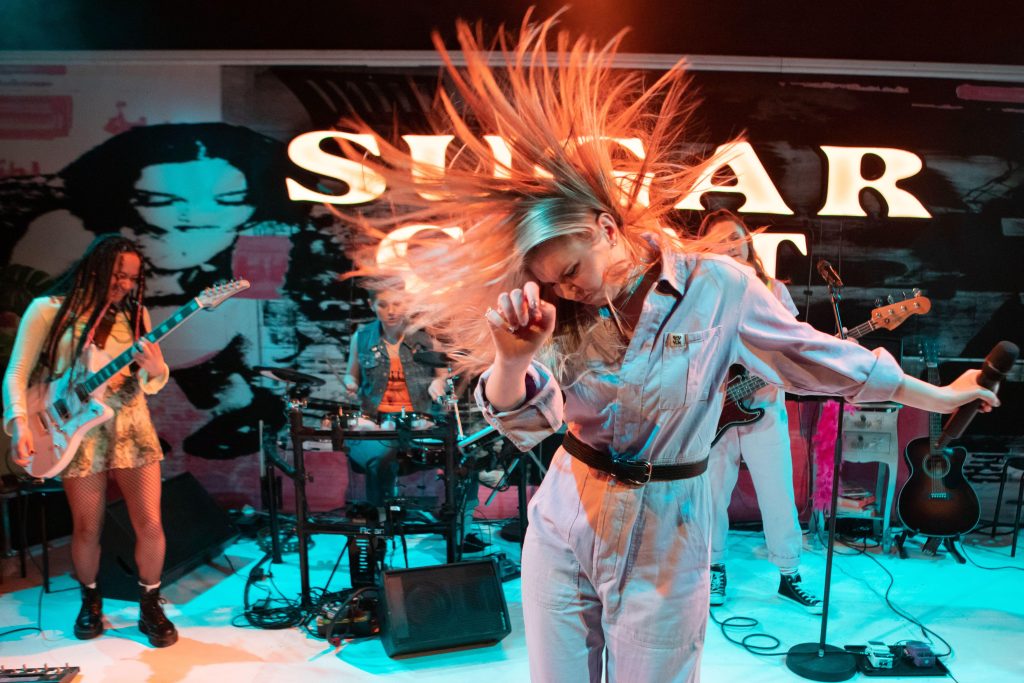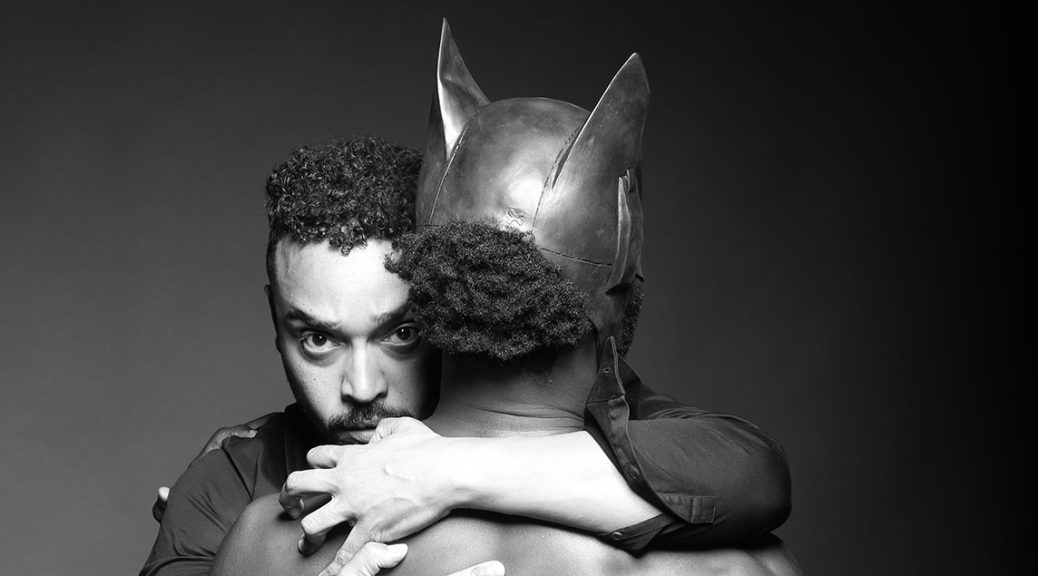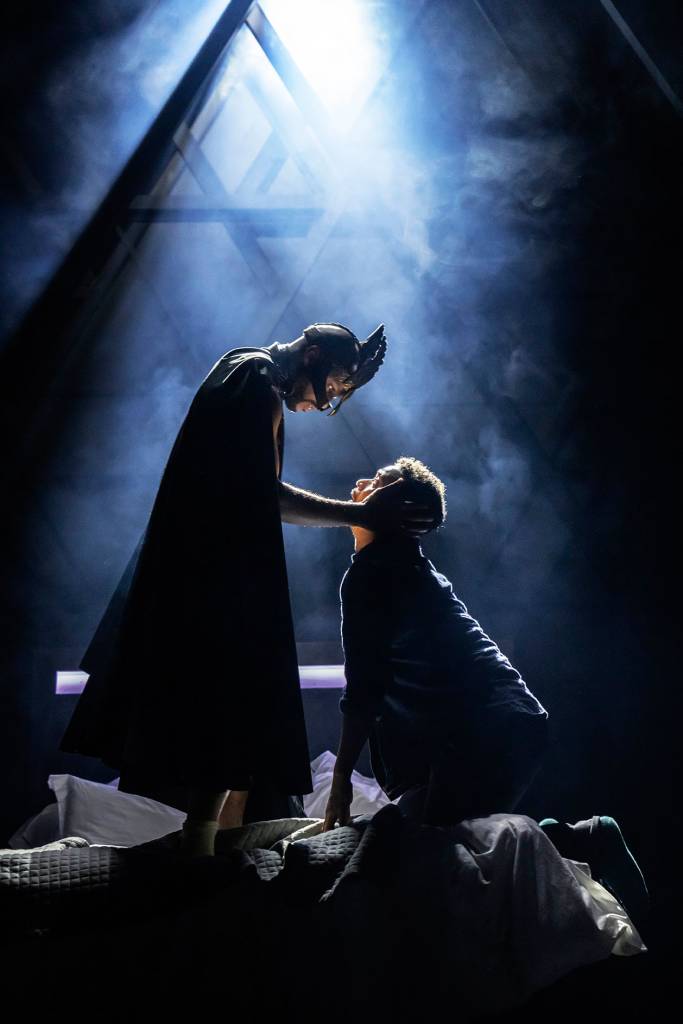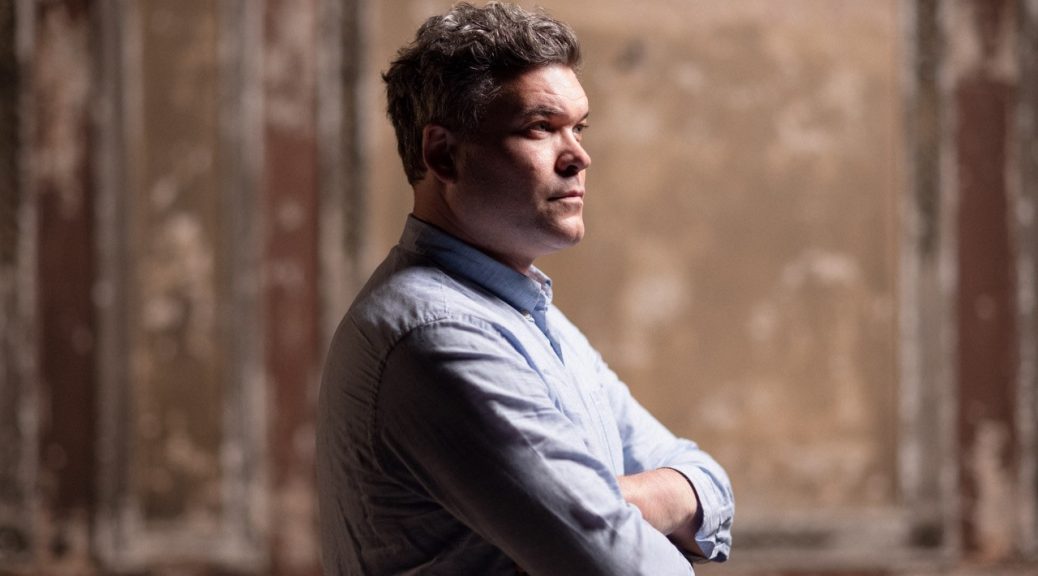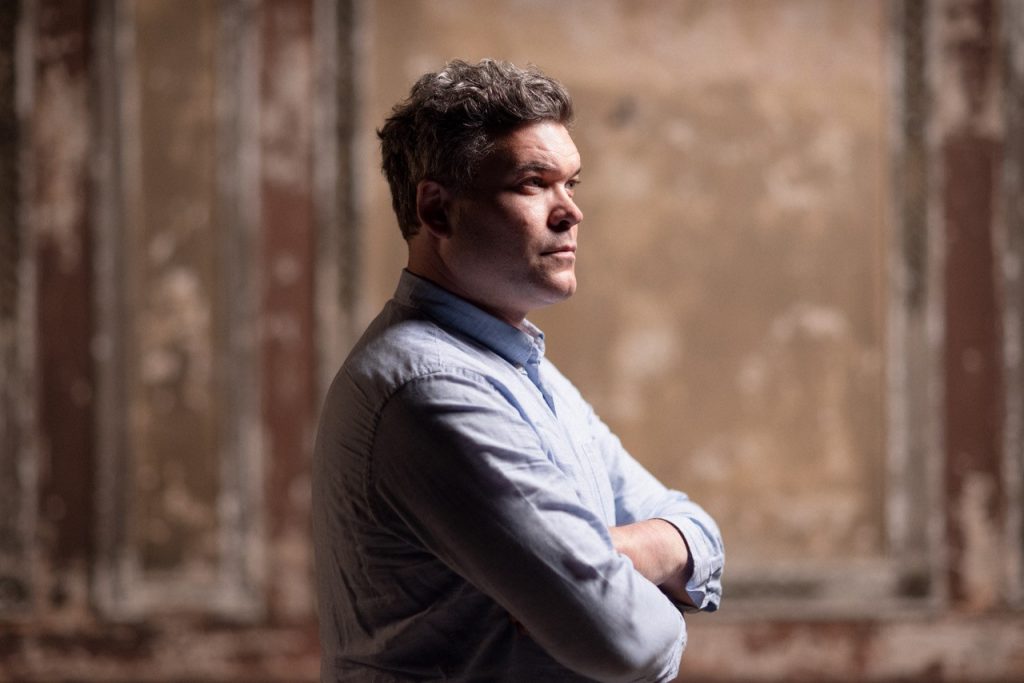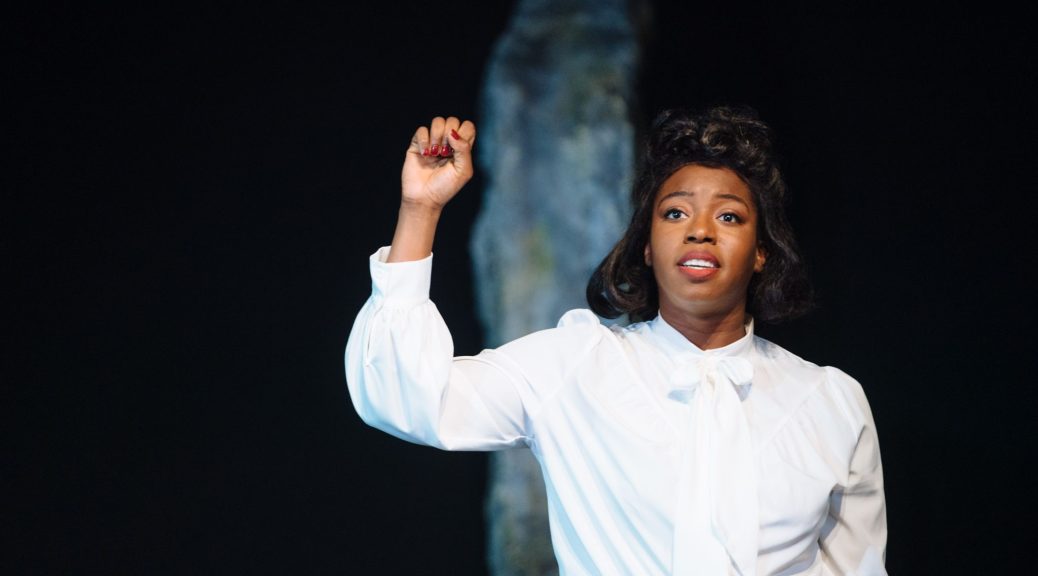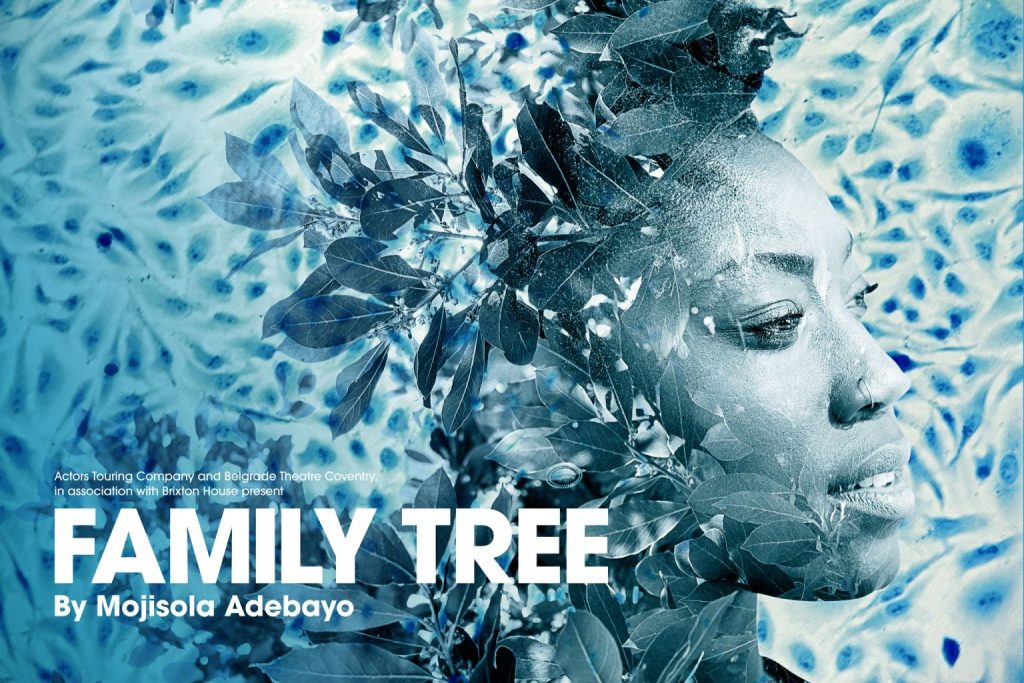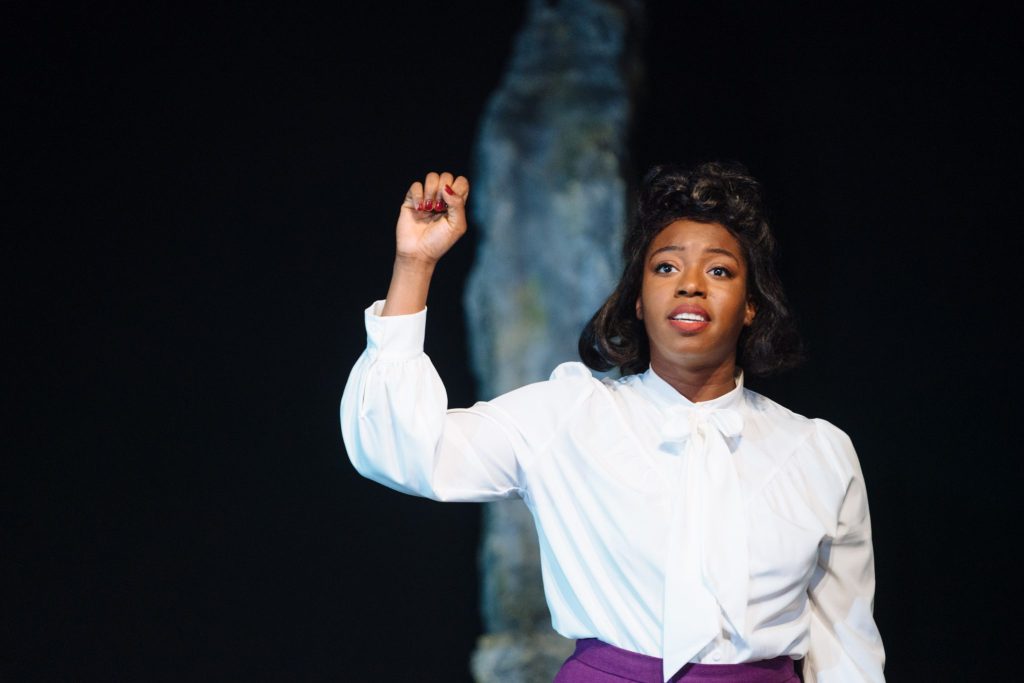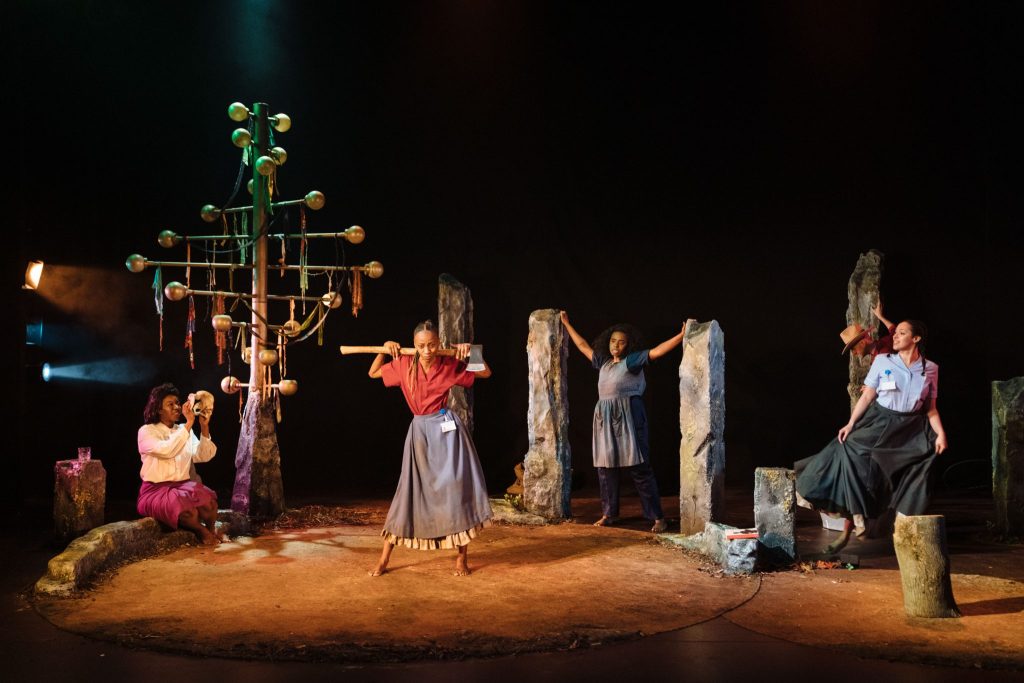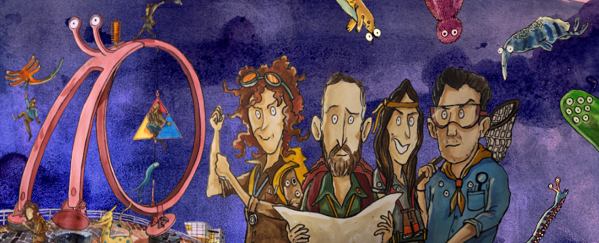The Golden Age of Musicals was an era unlike any other. From the 1940s through to the 60s, the movies were the place to go for opulent Hollywood spectacle, presided over by Messrs Rodgers & Hammerstein, the inimitable duo behind such classic musicals as Oklahoma!, Carousel, The Sound of Music – and the multi-award-winning The King and I.
The King and I is based on the 1870 memoirs of Anna Leonowens, a widowed governess who was invited to the court of Siam (now Thailand) to teach the children of King Mongkut. The story was turned into a novel, a Tony Award-winning stage play, and a number of films and tv series – but its most beloved incarnation is the glossy movie musical of 1956, starring Deborah Kerr and Yul Brynner (Kerr was famously dubbed by Marni Nixon, who also provided the singing voices for Natalie Wood in West Side Story and Audrey Hepburn in My Fair Lady). Following a hugely successful revival across the pond, director Bartlett Sher has brought his revitalised Lincoln Center production on a UK tour, starring Call the Midwife’s Helen George as Anna Leonowens.
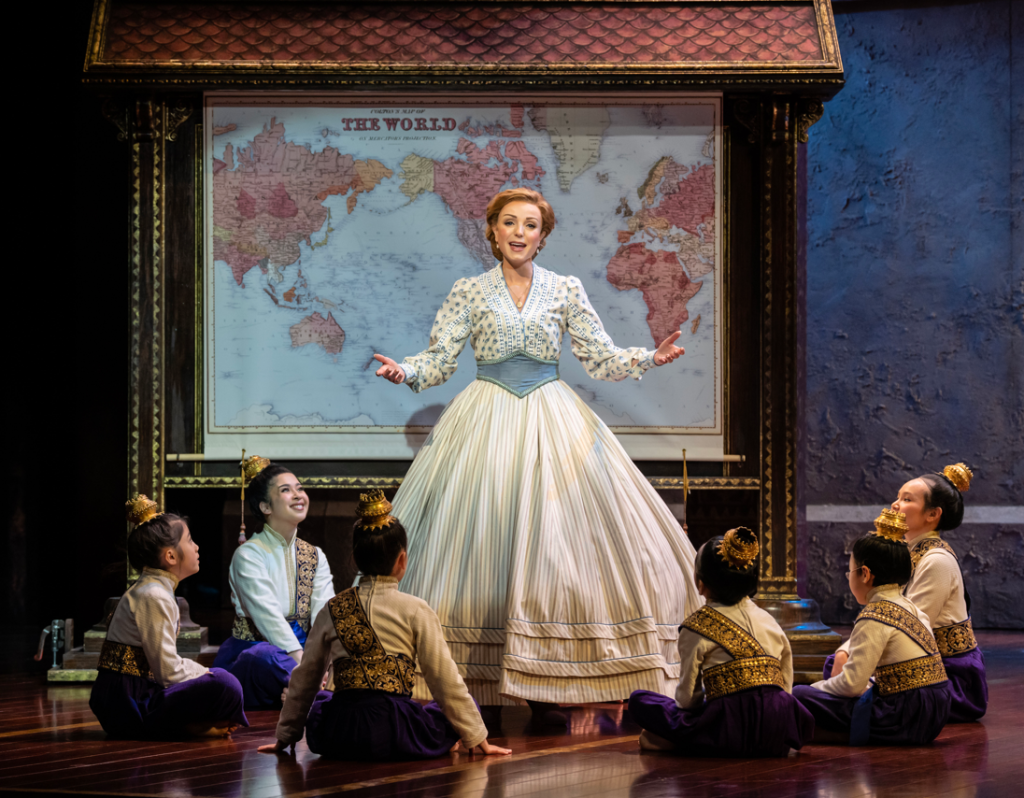
On press night, Anna was played by cover Maria Coyne, who portrayed the character in the show’s sold-out run at the London Palladium. Coyne brings power and poise to the part, and pitch-perfect vocals that lend a gorgeous crystalline quality to songs like ‘Hello Young Lovers’ and ‘I Whistle a Happy Tune’. She shares a wonderful chemistry with Darren Lee, fabulously mercurial as the King of Siam, brimming with energy and elan in every ‘et cetera, et cetera’.

Their scenes together are the highlight of a glittering production, not least the iconic ‘Shall We Dance?’ sequence which sees the pair twirling around the room in a moment of pure romantic revelry. It distils the magic of the show in a triumph of athleticism, acting and aesthetics – and Coyne and Lee outdo themselves here. They simply couldn’t have been better. The audience practically gave them a standing ovation then and there!

Special mention must go to Cezarah Bonner as Lady Thiang, mother to the king’s heir, and Kok-Hwa Lie as the Kralahome, Mongkut’s Prime Minister, who each bring far more nuance and gravitas than their film counterparts. (Lie and Caleb Lagayan, who plays Crown Prince Chulalongkorn, also have some particularly artful moments of capework). Meanwhile, Dean John-Wilson and Marienella Phillips captivate as doomed lovers Lun Tha and Tuptim, with an affecting rendition of ‘We Kiss in A Shadow’. Meanwhile, Sam Jenkins-Shaw is chameleonic as Captain Orton/Sir Edward Ramsay, and the young cast shine in the delightful ‘Getting to Know You’ and their characterful introduction at the palace.

The lavish score is brought to life by musical director Christopher Mundy and a sublime orchestra. With original choreography by Jerome Robbins, Christopher Gatelli’s dance numbers seamlessly blend traditional and modern styles, augmented by Michael Yeargan’s striking sets and Catherine Zuber’s sumptuous costumes. All the elements combine in the ‘Small House of Uncle Thomas’ sequence, in which Tuptim stages a pointed retelling of Harriet Beecher Stowe’s antislavery novel ‘Uncle Tom’s Cabin’. Led by Wang-Hei Lau as Eliza, it showcases the ensemble cast at its finest and, even without its deific cameo, is nothing short of divine.

While The King and I hasn’t completely escaped the shadow of its problematic past, it has certainly taken care to move with the times: like its title character, it’s doing the work to change for the better. Sher, the man behind the acclaimed revivals of My Fair Lady and South Pacific, has nailed the classic formula, capturing the feel of the original while letting his excellent cast improve on the rest. Opulence, passion, pageantry, The King and I might be precisely your cup of tea!
The King and I is playing at the New Theatre from 25 – 29 April. More information and how to book tickets here.
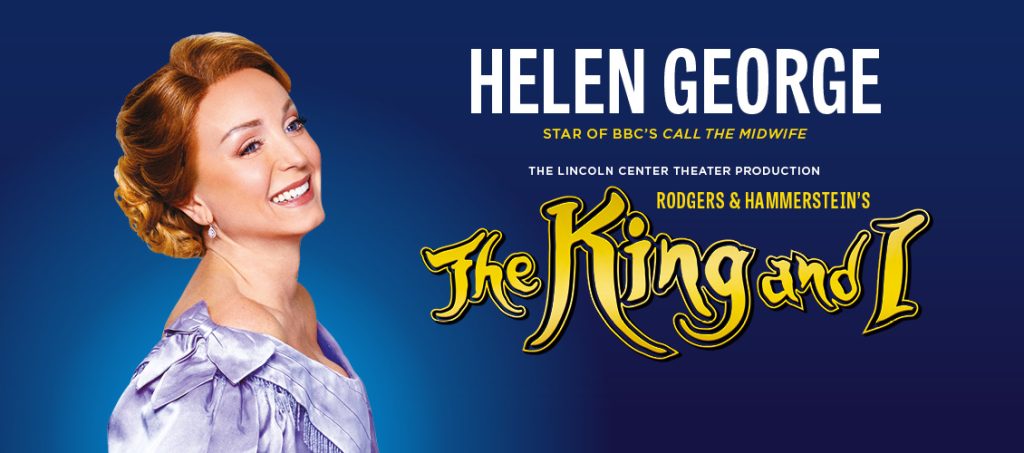

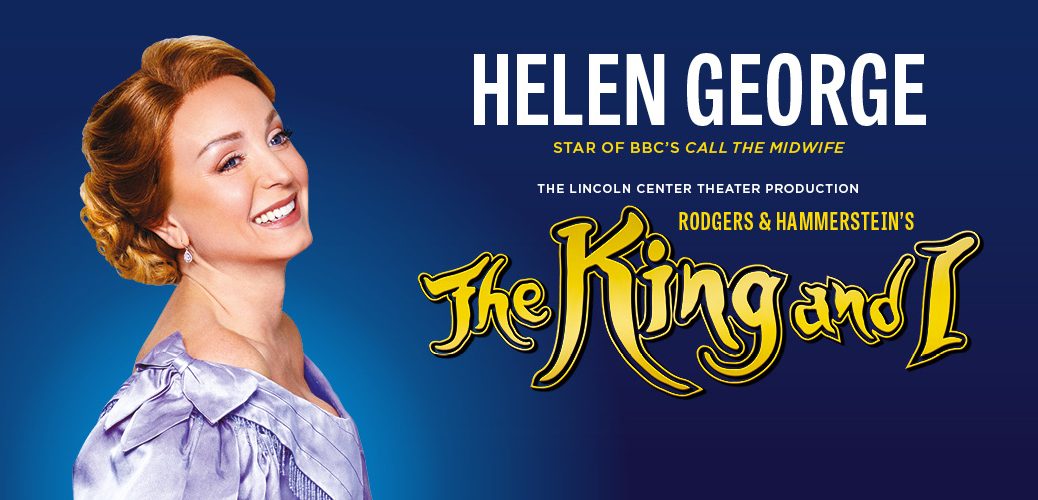
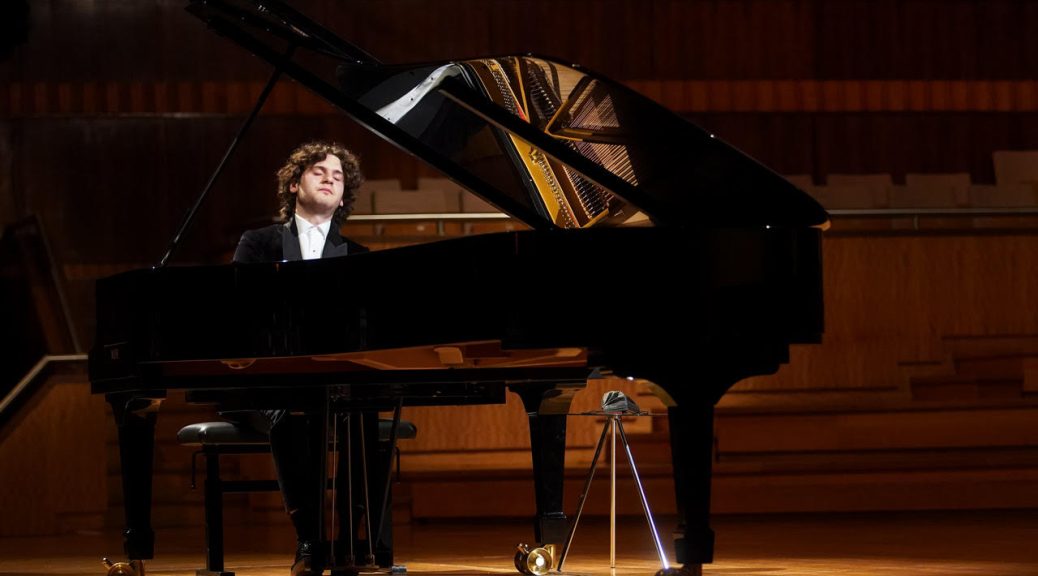
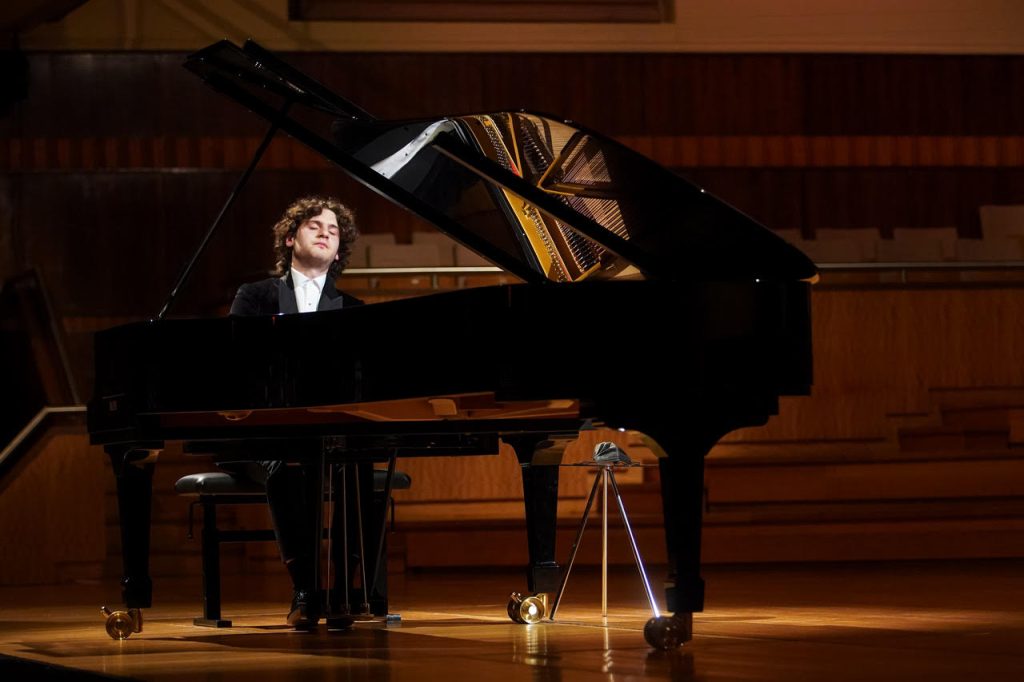
 (4 / 5)
(4 / 5)
